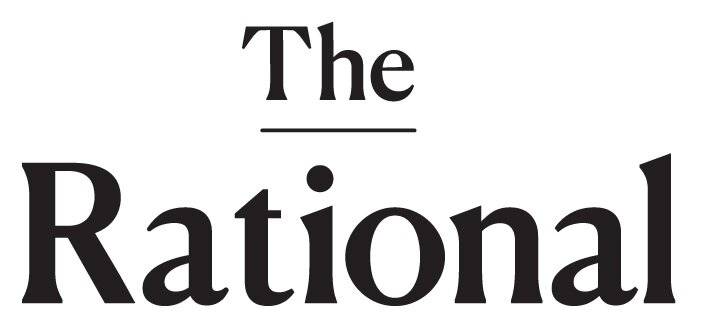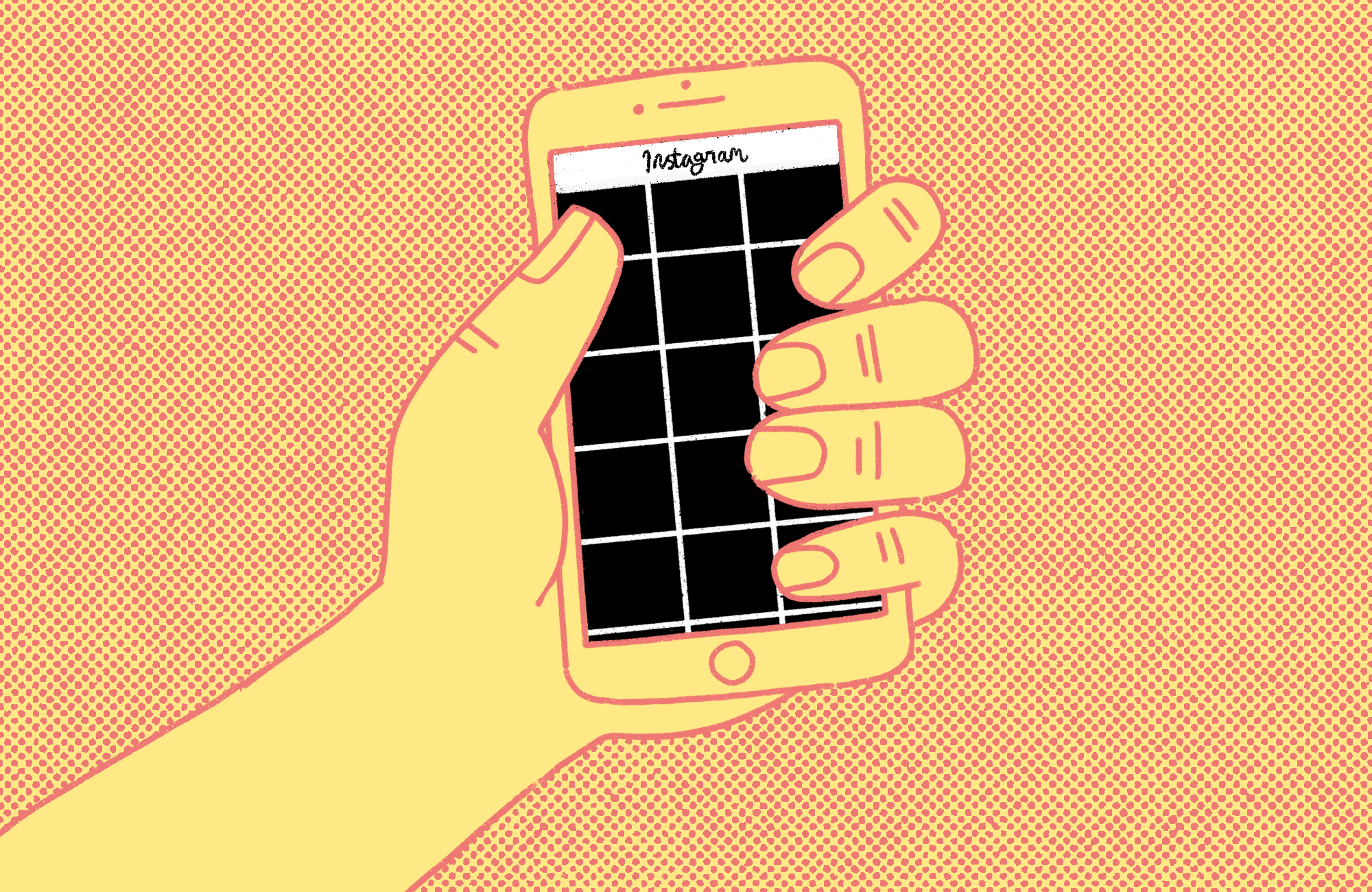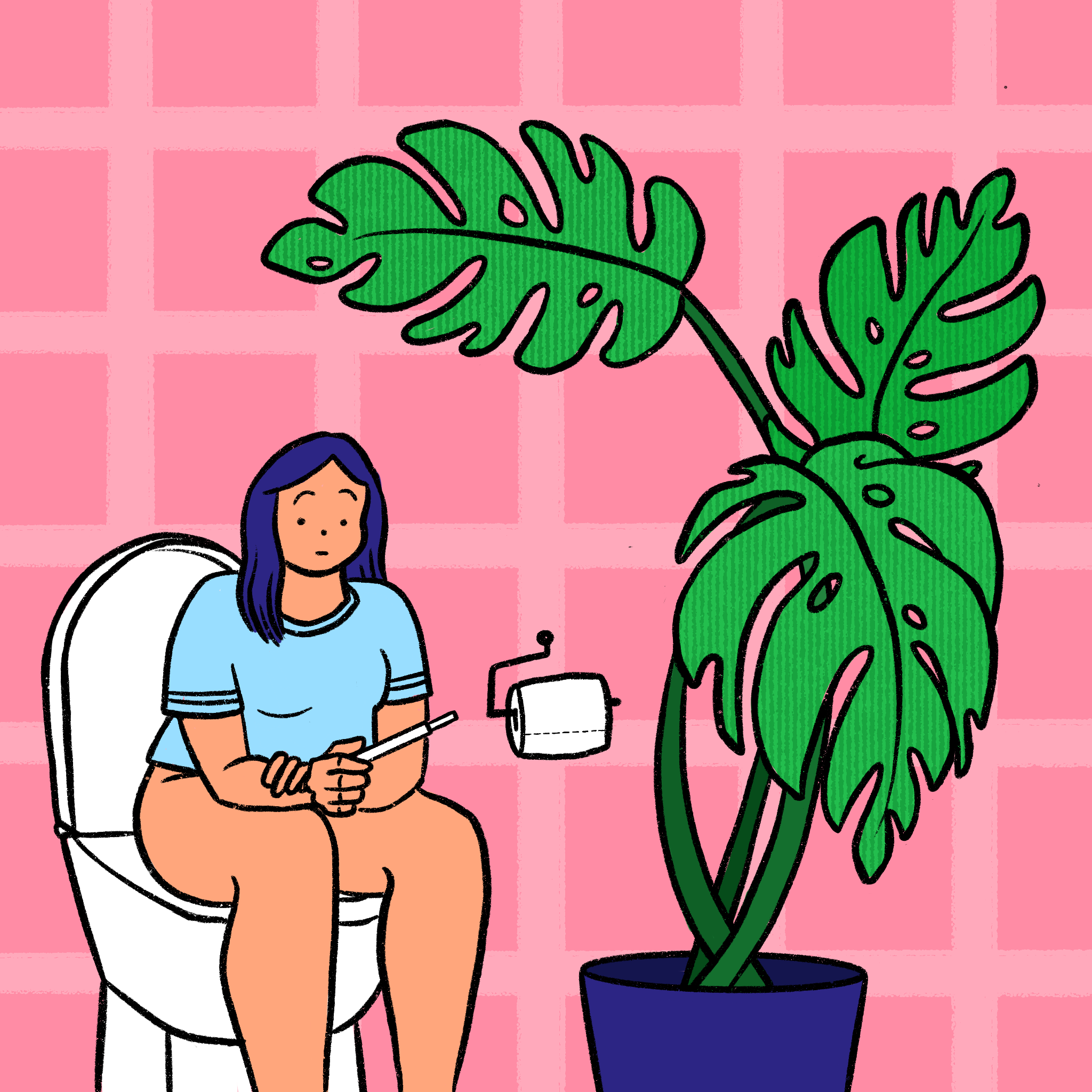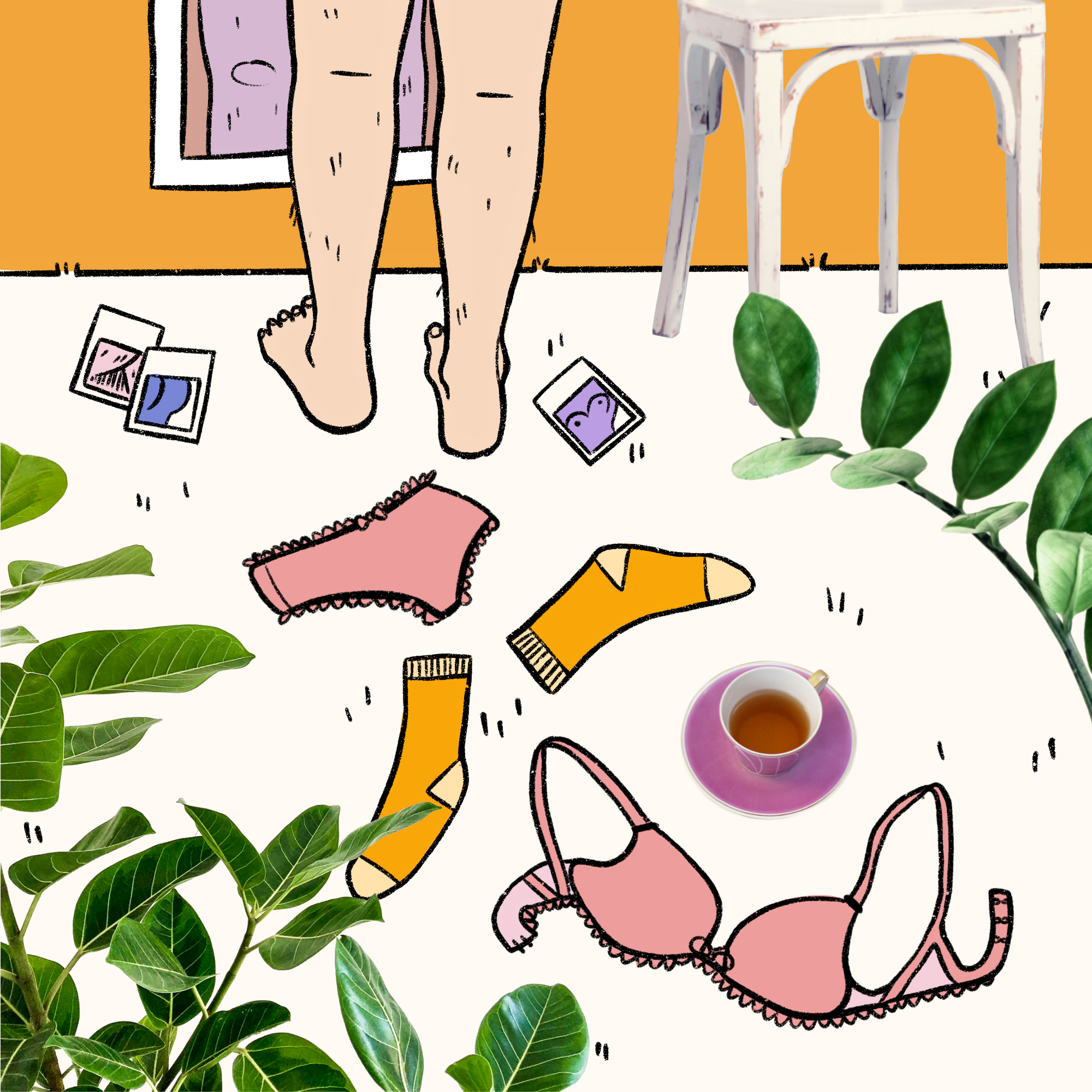Embracing My Heritage
The thought of saying “I'm Jewish” used to terrify me — not anymore.
Illustration by Ally Hart
I grew up refusing to embrace my Jewishness. I knew from a young age that I didn’t believe in God, so when my family attended synagogue together, I didn’t pay attention. Instead, I daydreamed about the remaining time I had left of my weekend before I would go back to school. I counted the assortment of colorful hats that were scattered around the room and watched the congregation sway to Hebrew melodies sung by the choir.
Reform Judaism — the liberal strand of the religion that’s aligned with progressive values — is the version of Judaism that my family follows. It doesn’t cast strict rule on traditional observance, so it was perfectly acceptable for us not to eat kosher food or celebrate shabbat on Friday nights. Whenever my parents were feeling pious, they would drive us to synagogue so we could all be Jewish together. It wasn’t enough for us to be Jewish at home. We had to show up and demonstrate it to the larger Jewish community for it to be real.
My mother was grateful for the northwest London Jewish circle. In 1991, she moved from Los Angeles to London to marry my father but the move had been hard on her. She missed her family and her friends, and all of the occasions that brought them together, like Passover and Hanukkah. Years later, as our family grew and began to host our own seders and celebrations, my parents started to teach my sister and me about our family history. We learned about the Holocaust and the many extended members of our family who had been murdered simply because of the religious group they were born into. It taught me at a young age that there is evil in this world, and grown ups can’t always protect you from it. It was through all of these conversations that I learned that being Jewish isn’t really about faith at all. It is about solidarity in the aftermath of persecution and intergenerational trauma.
I was sent to a local Jewish state school which is today officially recognized as the largest Jewish school in Europe. It was just like any other high school. The school is surrounded by thick iron gates that soar into the sky. It’s guarded around the clock by handsome Israeli security men who pace the grounds, each of whom possess the agility and training to cause serious harm if ever provoked. There were popular kids and not-so-popular kids. Some did drugs, others fooled around with each other and let the world know, and then there were a few religious kids who had an entirely different high school experience altogether.
My experience as a student was shaped dramatically by the eight minute walk from the school gates to the train station, a journey which my sister and I made everyday for six years. Exiting the enormous campus, clad in bright blue uniforms and stripy ties, guaranteed an amount of unprecedented attention from the surrounding Muslim neighborhood. Some male students who weren’t as quick as others at hiding their yarmulkes in their backpacks at the end of the day would often be heckled on their routes home from school. “Dirty Jews!” was popular ammunition. I remember the first occasion I heard those words. I must’ve been thirteen or fourteen years old. I was heading home from school with some friends who travelled in the same direction. A man appeared out of nowhere, yelling at us as we walked by: “Disgusting Jews,” he said. “Go back to Israel.” I had never even been to Israel. The journey home was unsettlingly quiet. I stared out the train window and wondered, "Why do non-Jews always think we're dirty. I showered this morning."
It was recently reported that anti-Semitism has become such a problem in Britain that many Jewish people are leaving the country altogether. Britain’s opposition Labour Party has been accused of anti-Semitic behavior since its leader, Jeremy Corbyn, took office in 2015. And last year, a CNN Poll found that much of Europe has the same problem. One in 20 Europeans surveyed has never heard of the Holocaust and one in five believe anti-Semitism is a response to the everyday actions of Jews. The number of anti-Semitic attacks to take place in the United States has doubled in recent years. In April, a man entered a synagogue in a suburb of San Diego and opened fire, killing a woman who was there to mourn her dead mother. Six months earlier, eleven people were killed after a gunman opened fire at the Tree of Life synagogue in Pittsburgh.
On each occasion as the news rolled in, I would clutch my chest in anguish and wonder why this had happened again. It seemed so arbitrary and unreasonable. It was in those moments when I realized that after years of disassociating from my Jewish roots, it was the horrors being wrought upon my family's community that shocked me into finally accepting my Jewish ancestry again and fighting back on its behalf. And that truth pained me. What was it about being a Jew that I rejected so harshly?
The truth was that I found life to be much easier when I kept my Judaism to myself. Whenever I socialized with non-Jewish friends, and the subject of where I went to school came up in conversation, I found myself making excuses for why I went there, or what kind of Jew I am. “I’m not one of those Jews,” I would say, trying to distance myself from the orthodox rabbis they were imagining. “I don’t even believe in God.” As if that made any difference.
Eventually, I came to learn that the definitions I was using to describe my Jewishness were just desperate attempts to assimilate and go unrecognized by my peers. My self-hatred for being a Jew had been caused by years of bearing the brunt of antisemitic rhetoric. I was tired of it, and it felt even worse because it was something that I never had any control over. On the day I was born, as I cried my way out of my mother’s body, my religious identity had already been chosen for me. Then, there I was — the newest member of a group that had not only anticipated my arrival but who had relied on my birth to retain its membership, perhaps more than any other faith does.
I moved to New York last year, so when Passover came around, I wasn’t able to fly back to be with my family. So in reclaiming my Jewish identity, I decided this would be the year when I hosted my own seder. It felt like the right thing to do — it would have been an entire year since I did anything rooted in Judaism or was honest with myself about a part of my identity that I had kept hidden away. I was excited to celebrate the faith I had been raised in and wanted to share the experience with my boyfriend, whose only request was that we ended the night by watching The Prince of Egypt.
Being Jewish was never really a feeling that belonged to me. It felt borrowed, like a sweater or a cute purse that my mother had loaned me, that smelled just like her, and then when I wore it, it would remind other people of her, too. I rejected it because that’s what teenagers do. We don’t want anything of our parents. But over the years, as I’ve grown up and watched the trend of violence against Jews increase, I find myself thinking about my family and how I am responsible for defending them against those who hate them without even knowing them. I have assumed a strong responsibility to do everything possible to speak out and, when someone uses “Jew” in a demeaning way, to remind myself that the word itself is not derogatory. They are misusing a word that means strength, resilience and tolerance, and a word that I choose to be each and every day.
When my grandmother was alive, she celebrated shabbat every Friday night. Her ritual began with a long list of phone calls to friends and family members to wish each of us a “Gut Shabbos.” Then, she would light the candles, say the bracha, and return to her evening. She observed Jewish traditions because they felt natural to her. Even if it meant she was putting herself in harm's way. This bravery, which I have only allowed myself to recognize in recent years, exists in Jews everywhere and reminds me why it is my duty to love what ignorant others will always hate.












